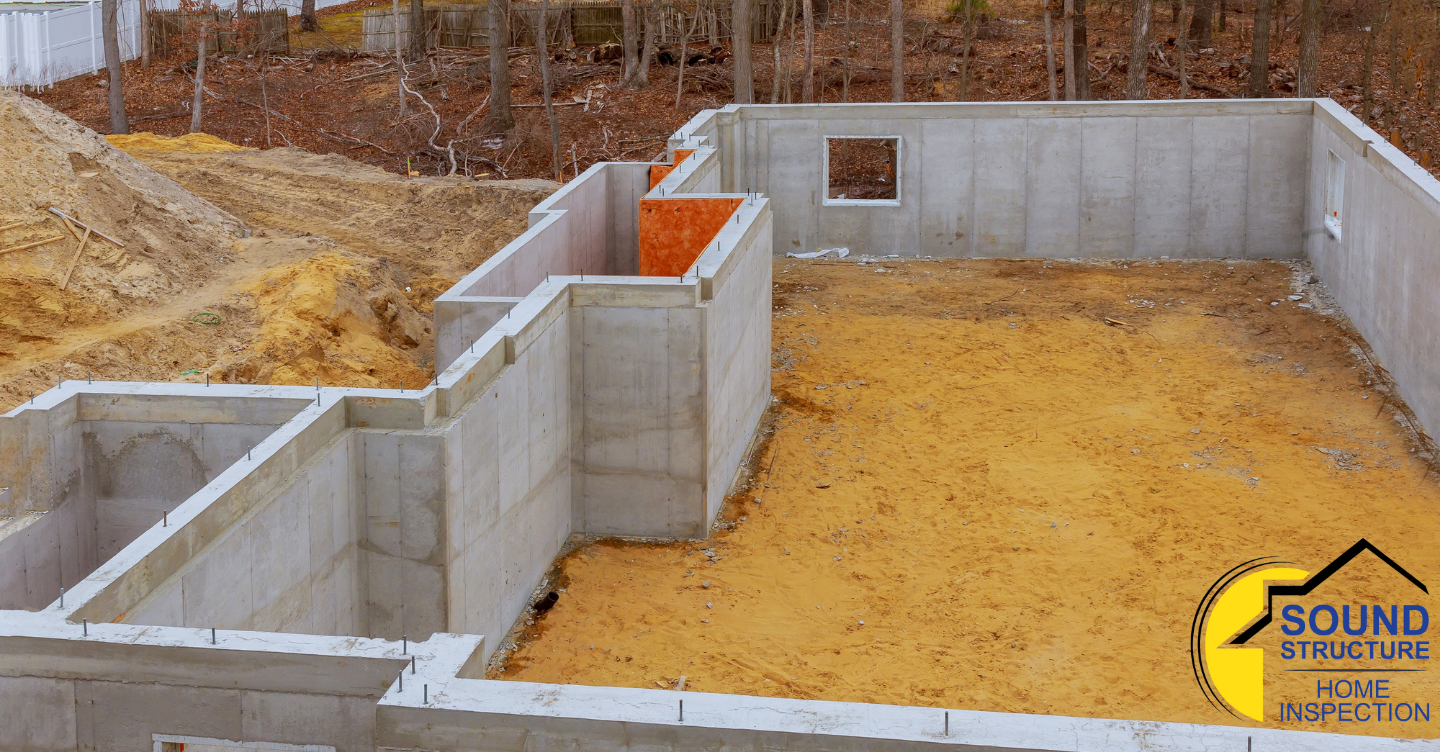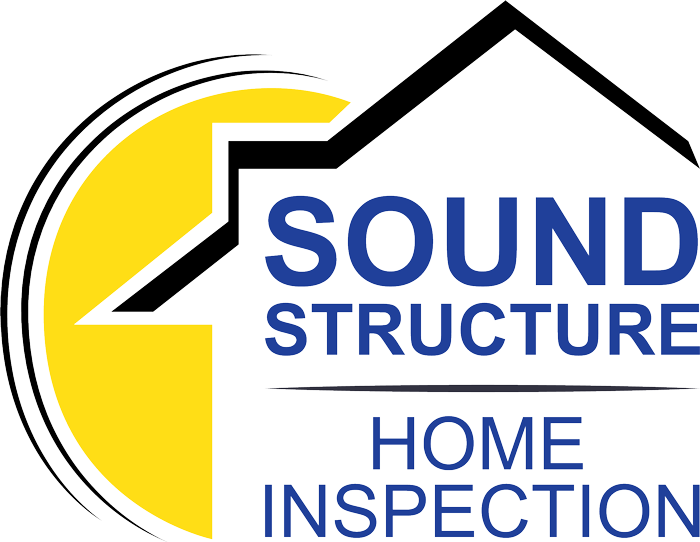
For people that are either buying or selling a home, scheduling a home inspection is one of the first steps taken during the purchasing process. A completed inspection ensures that there are no major defects within the home. In addition, any issues that do appear are noted and repairs can be scheduled without major repair costs down the line. However, there is another inspection type that is just as important to schedule. Foundation inspections can help determine if the home is structurally sound. Here are the reasons getting a foundation inspection can be valuable to homeowners.
Differences Between a Home and Foundation Inspection
Before scheduling an inspection of a home’s foundation, it’s important to note what separates it from a typical home inspection. A normal home inspection is done by an inspector. These inspections mainly focus on elements such as HVAC, electrical, plumbing, and anything else that impacts the safety of a property. On the other hand, structural engineers handle foundation inspections. They specifically target the foundation and structural integrity of the home. A key thing to note is that these two are not usually interchangeable; some home inspectors don’t offer structural reviews and vice versa.
What a Foundation Inspection Covers
During a foundation inspection, a structural engineer will typically review both interior and exterior elements before putting together a report. For interior examinations, inspectors will first look at elevation levels of the house to ensure they are consistent. From there, an inspector looks at other elements. These include isolated cracks to determine if they threaten foundation integrity. They also monitor load-bearing devices and support beams and see if there is prevalent mold or water damage.
From there, inspectors look at the exterior foundation. The main areas of focus for an engineer include checking drainage, irrigation, and landscaping systems. In addition, they look for any signs of damage to walls, concrete, or any other materials used during construction. Once an inspection is completed, the property owner receives a full report which lists any issues found. They also receive details of any costs and repair time associated with any known problems.
Problems to Look Out For
The best possible outcome for a foundation inspection is to have zero issues. This indicates that the home’s structure is sound. However, there are times when problems will occur, and recognizing potential trouble spots early can prevent higher repair costs as well as damage to your home. One of the most notable warning signs is when a house has sloping floors. This is due to the wooden joints in the home structure bending. While some sloping can occur naturally due to a home’s age, more expansive sloping is a problem to investigate.
Another thing to look out for is observing if the walls of a foundation look uneven. These walls can appear as bowing, bulging, or leaning. These can indicate structural problems, and if left unchecked for long periods of time, can cause substantial damage, and can even lead to collapsing walls.
Cracks in the foundation are another issue you need an inspector to look at. Typically, cracks form over time as the soil located underneath the home settles. It can be difficult to determine which kind of cracks are minor and which indicate a bigger problem. On average, those cracks that are ¼ inch are not a major issue in terms of impact on a home’s foundation. A crack that is wider than ¼ inch, however, could be an early sign of problems with the foundation.
Costs of Foundation Repair
Getting a foundation inspection has many benefits. The primary one is to avoid costly repairs as a result of significant foundation damage. While a normal inspection can average anywhere from $200 to $600, depending on location and other factors, the cost to repair a foundation that has suffered damage can greatly vary. For minor issues that only require patchwork, repairs can typically go for around $500. As the damage increases, so does the costs to fix it. Major structural damage will need to have steps taken to strengthen the foundation in addition to needed repairs. These collectively range from $4000 to $10000 when everything is factored in.
A foundation inspection may not seem like a necessity at first. However, scheduling a foundation inspection alongside a traditional home inspection can provide both buyers and sellers with peace of mind. Knowing that a home is built with structural integrity adds a level of comfort, as well as the knowledge that expensive repairs can be avoided.
